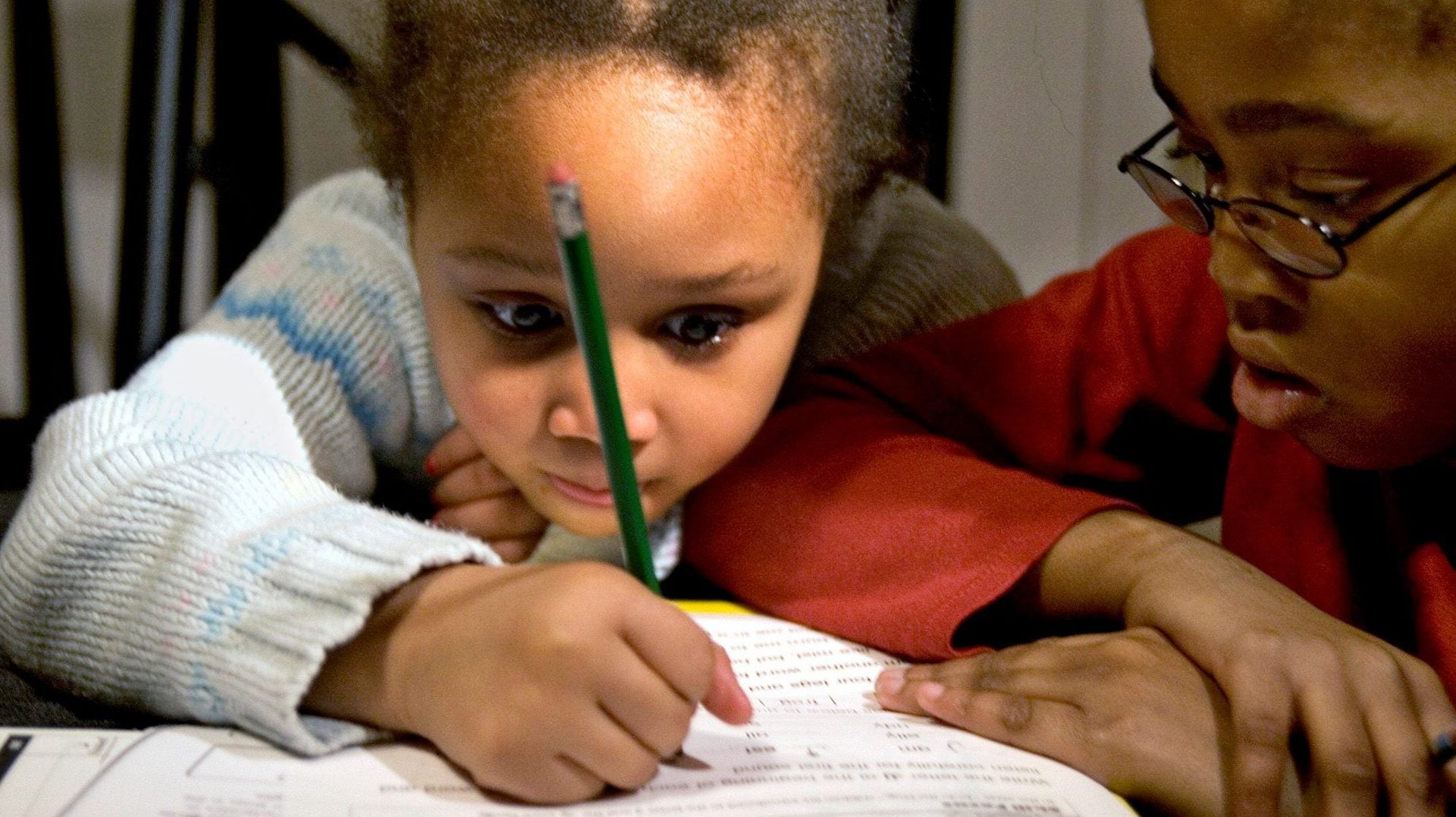Black kids are disproportionately disciplined in American public schools
Black students make up just 15% of students in public schools across the US. But in the 2015-2016 academic year, they accounted for 31% of the students who were referred to law enforcement or subjected to school-related arrests.


Black students make up just 15% of students in public schools across the US. But in the 2015-2016 academic year, they accounted for 31% of the students who were referred to law enforcement or subjected to school-related arrests.
That’s just one of the striking statistics on racial disparities from the US Department of Education’s new Civil Rights Data Collection report, published April 24. The report, published by the department’s Office of Civil Rights (OCR) every two years, examined data from 96,400 public schools and education programs across 17,300 public school districts. The results paint a picture of a public school system in which students’ race is a determining factor in the severity of the disciplinary actions they face, as well as the harassment they get from peers.
The chart below, compiled based on the 2015-2016 OCR data, shows the disparity of school discipline across races. Whereas white students make up a much bigger percentage of US students, black students are disproportionately likely to deal with authorities. A January 2014 joint letter from the Department of Education and the Department of Justice warned schools across the US that exclusionary forms of school discipline, like expulsions or suspensions, could constitute unlawful discrimination. In the letter, OCR noted that “the substantial racial disparities of the kind reflected in the CRDC data are not explained by more frequent or more serious misbehavior by students of color.”
The OCR concluded that the data raises “concerns that schools may be engaging in racial discrimination that violates the federal civil rights laws.”
Black students are also disproportionately likely to be victims of harassment or bullying in school, making up 35% of the students who reported being bullied or harassed on the basis of their race.
The debate over discrimination in school discipline has been renewed under US education secretary Betsy DeVos, who is currently considering whether to withdraw the Obama-era guidance. Eve Hill, a former deputy assistant attorney general in the Justice Department’s civil rights division, has said that it’s necessary to take action. “Schools have to avoid writing off children with disabilities and children of color as being born bad, and have to teach them and support them to meet the expectations that we have,” Hill said at a recent hearing before the US Commission on Civil Rights. “We have to eliminate the discrimination underlying that disproportion, reduce the unnecessary use of discipline and, for as long as those discriminatory attitudes exist, reduce the use of exclusionary discipline.”